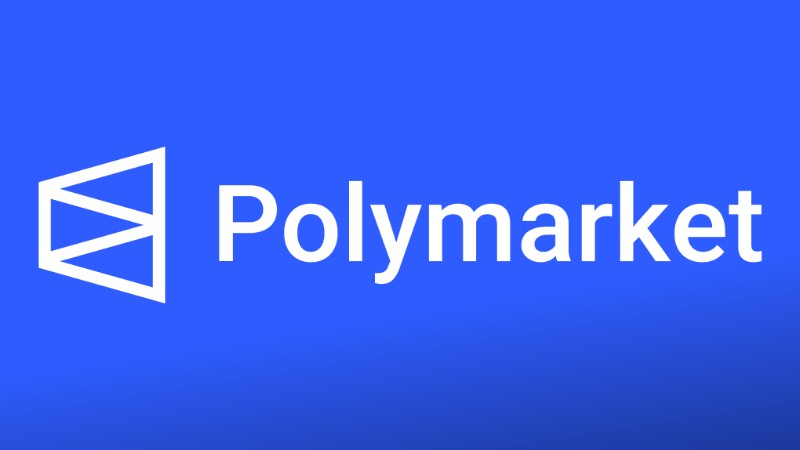
The global gambling industry is experiencing substantial setbacks as leading digital platforms implement stringent advertising restrictions. Google, Meta, and TikTok have all enforced zero-tolerance policies, collectively reducing the industry’s advertising reach by $208.6 billion.
These changes are primarily driven by regulatory pressure and growing public concern over gambling promotion, particularly to younger audiences. As a result, operators must now navigate more complex compliance landscapes while revising their marketing strategies.
Regulatory changes reshape industry operations
In 2025, digital platforms intensified verification processes and content restrictions for gambling advertisements. Google paused new certifications for Australian operators in August, while Meta now requires manual review for all gambling campaigns under enhanced verification rules.
TikTok, in a voluntary move, banned all real-money gambling ads in markets like the Philippines, leading to a 55% decline in new account registrations in Spain and the Philippines. These measures have forced operators to reassess traditional acquisition channels and adopt more diversified strategies to retain competitiveness.
Across European markets, compliance complexity has surged, compelling operators to invest in guidance and technology to manage multiple jurisdictional requirements. In the Asia-Pacific region, governments are favoring voluntary agreements with international platforms instead of formal legislation, though Australia plans a three-year rollout of stricter rules targeting online and social media advertising, with 76% public support.
Brazil’s online betting sector is also shifting toward traditional media as digital restrictions tighten, with DraftKings maintaining a strong Q2 performance despite the constraints.
Strategies for adaptation and resilience
Operators are increasingly focusing on PPC betting and Google Ads gambling campaigns while enhancing compliance and programmatic advertising capabilities. Investments in compliance technology enable swift adaptation to evolving regulations, reducing the need for manual oversight.
Companies that diversify their acquisition strategies and maintain robust regulatory frameworks are better positioned to secure competitive advantages as platform restrictions continue to grow.
The industry is witnessing a fundamental shift: reliance on conventional platform ads is becoming riskier, and operators prioritizing regulatory preparedness and operational resilience are likely to emerge as market leaders. As 2025 unfolds, maintaining strategic flexibility and compliance excellence remains critical for sustaining growth in an increasingly restrictive advertising environment.

